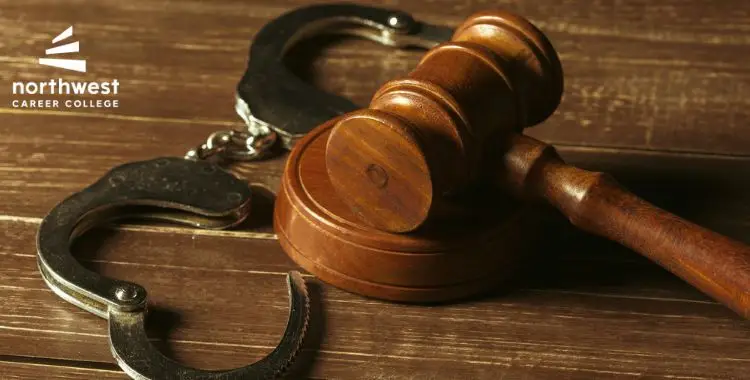Internship: The Importance to the Criminal Justice Student
- Criminal Justice
-
 Authored by
Eligio Gandarilla
Authored by
Eligio Gandarilla
- Updated November 14, 2025
- 2.3k views
While textbooks and online resources are a vital part of a student’s learning in criminal justice, experience learned through hands-on education is similarly valuable. Such hands-on opportunities offer experiences that help students recognize how laws translate into practice and give them the skills to compete in the profession. In this blog, we will discuss why internships and practical experience are pretty crucial for one interested in a criminal justice career.

Table of Contents
Real-World Experience Enhances Your Learning
One of the advantages of internships is that they provide valuable experiences. This provides an avenue of relevance in the field of criminal justice. While classroom learning includes knowledge about the law and procedures as they regard crime, working in an actual setting allows you to see how these concepts apply in daily operations. You will be able to observe how professionals handle real-life situations, such as dealing with suspects, gathering evidence, or working with the community.
You can intern with local law enforcement, court systems, or legal offices. This curriculum allows students to contextualize, in real time, how such institutions operate through their coursework and connect theory to practice. It is hoped that students will learn to handle pressure, stay organized, and think creatively about cases while working.
Building Important Connections in the Field
The best way to establish a relationship with professionals in the criminal justice field is to do internships. These are sometimes the most important contacts when job searching after college. A contact within law enforcement, social services, or a legal practice can at least get you in the door and sometimes result in employment.
Through this, you will also get to meet many individuals who have acquired years of experience in the criminal justice field. Professionals in that organization can then offer you advice, guidance, and mentoring. They may also introduce you to other important contacts to help you get started.
Many interns are offered permanent jobs from the organizations where their internships were conducted, and you may consider your internship a first step toward securing a full-time position.
Practical Skills for Success
While studying criminal justice at school may have taught you the theory and knowledge, the hands-on skills you acquire through your internships prepare you for the workforce. During your internship, you’ll garner beneficial experience in the following skills, among others:
- Communication: You will liaise with people from all categories, be they victims, witnesses, police officers, or lawyers.
- Problem Solving: In criminal justice work, making rapid decisions and solving complex problems may be essential.
- Attention to Detail: Attention to detail is paramount whether gathering evidence or filling out reports.
- Time Management: The practice of multitasking and meeting deadlines will eventually make you more effective at work.
These skills are essential to a successful criminal justice career, and an internship level provides the ideal environment to develop them.
Understanding the Daily Challenges of the Job
These internships help an individual comprehend a typical day in criminal justice. Whereas one may know what the job entails, it is hard to know precisely what it is like until one experiences it personally. An internship in criminal justice provides an avenue through which one understands specific challenges professionals face while handling distressing situations and working under pressure.
For example, if interning with any police department, one gets to go on patrol with actual working officers and witness how they handle different situations. In a courtroom, one will also see how legal teams prepare for trial and manage cases. Observing the challenges will prepare one for what lies ahead after graduation and help one understand the job demands.
Improving Your Resume and Job Outlook
Internship experience on your resume distinguishes you from prospective employers. In the criminal justice field of study, where experience in the field goes a long way, employers need people who have already acquired experience in this Field. An internship expands on the fundamental principle that you are ready to learn and acquire experience.
For example, the work of a probation officer would require internship experience in any of the court systems or correctional facilities to render one competitive against another candidate. Although the internship experience has no relevance to the work that one is seeking, it shows that you have been in the Field and can understand its demands.
Conclusion
The internships and applied experiences are an integral part of your education in criminal justice. You learn in realistic settings, make valuable professional contacts, create essential skills, and enhance job prospects.
Turn your passion for criminal justice into your career by enrolling today at Northwest Career College. Our programs instruct through hands-on training, expert instructors, and the opportunity to engage in practical application with internships.



